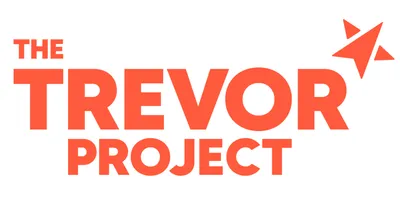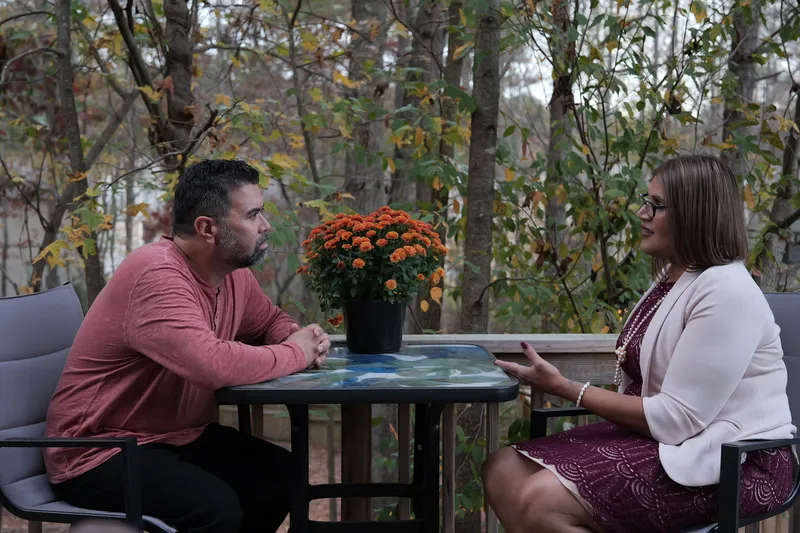Don’t forget your basic needs
When you’re in a crisis or managing big emotions, it’s easy to forget the everyday habits that can improve your mood and well-being. Make sure you’re getting enough sleep, eight to 10 hours is ideal. Spend time outside when possible. Move your body in whatever way you can that feels good to you. Make sure you’re eating and drinking plenty of water. Try journaling, meditation, or breathing to help you ground yourself in the present moment.
Explore More





